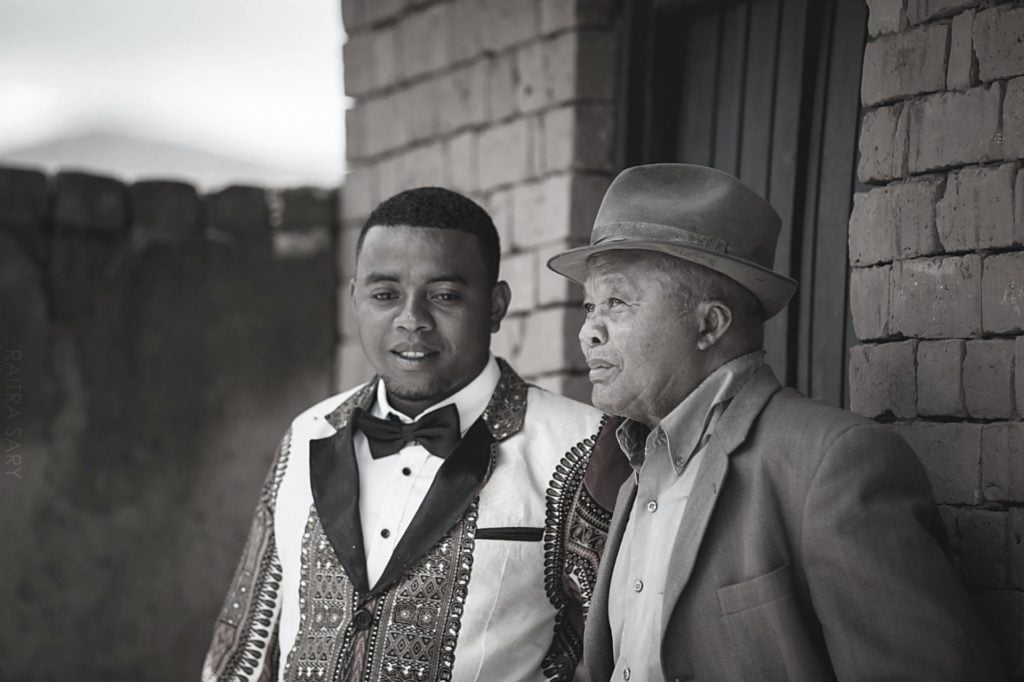
1. Inspiring Traditional Funeral
Funeral is the act to bury a deceased person in a cemetery or place of incarceration.
There are many ways that a traditional funeral can take place and will be guided by the religion or tradition of the specific ethnic/religious group concerned. Here are a few examples:
With some planning, you can ease this burden on your loved ones when you go. You will need to discuss your wishes with your loved ones. Do you prefer cremation or burial? Who will give the eulogy? Where are the essential documents located? A funeral home can help you put a policy in place that will take care of your funeral and all the details. This planning will allow your loved ones’ space to grieve and celebrate your life.
The loved one is taken by the Mosaic Funeral branch assisting with the burial, in a casket to the home of the deceased on the night before the service takes place. This allows the family and griever the time to have a night vigil where the deceased can be viewed for the last time and religious/traditional rituals can be performed.
This can include multiple sermons or services relating to religion or ethnic traditions. (In some cases, the loved one will only be brought to the home on the day of the burial where similar activities will take place.) By the next morning a sermon or memorial service can be held at home, church or venue as tribute to the loved one. After the sermon or memorial service the mourners will leave to the cemetery or place of inhumation where a short service or traditional/religious acts can be performed before the actual burial takes place.
After the burial, the mourners will normally move to a venue where refreshments will be served and the family will celebrate the life of the deceased.
In this instance, the deceased will be brought to the place of internment by Mosaic Funerals, the family will gather at the cemetery or place of burial, have a short sermon/religious acts/traditional acts before the actual funeral.
After the burial, the family will move to the church or venue where the actual sermon/traditional sermon/ religious sermon or memorial service will be held.
After the service the family will have refreshments and the life of the departed is celebrated in the traditional/religious way.
Depending on the religion or tradition the actual funeral can take place within 24 hours after death or some cases even a week or two after the passing took place.
These guidelines are all determined by the religion or the ethnic tradition of the loved one.
Viewing of the loved one can take place prior to the funeral or on the day of such burial depending on the religion or tradition of the loved one and the facility where the service takes place.
